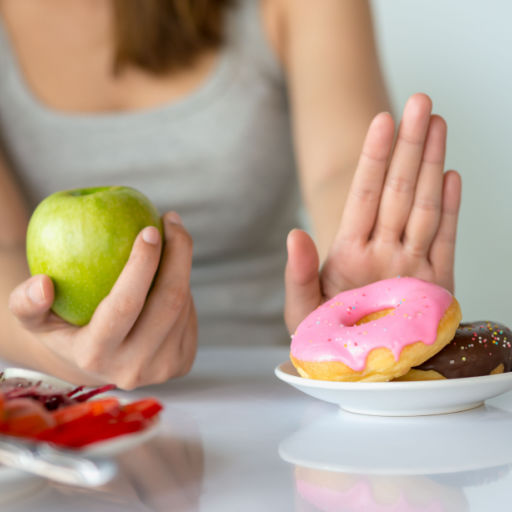
“All the money in the world can’t buy you back good health.” – Reba McEntire.
This holds true in real life. If you maintain your health you can maintain your lifestyle and your well-being. As a parent, you need to discuss and train your child about following a healthy diet regime.
According to the World Health Organisation, cardiovascular diseases (CVDs) contribute to 31% of all global deaths every year. A fast-paced lifestyle coupled with unhealthy food habits can lead to heart complications, thus resulting in CVDs such as heart attack, heart stroke, heart failure, arrhythmia, and heart valve problems.
If you care about your child’s future then you need to follow the below easy tips to ensure that your kid follows a heart-healthy habit. This will also guide your child in making heart-healthy choices.
Here Are 4 Good Choices For Kid’s Heart Health
1. 30 Minutes Of Physical Activity:
Engage your child in physical exercises at a young age between 8 years to 10 years. Enroll him or her in gymnastics, badminton, tennis, cycling, skating, or any other active sport. Physical activity aids in maintaining weight, reducing high blood pressure, and arthritis, and reducing symptoms of depression and anxiety. It reduces the risk of type 2 diabetes, heart attack, cancer and heart stroke in the later stages of life.
2. Increase Intake Of Fibrous Food:
Include fruits, vegetables, legumes and whole grains in your children’s everyday diet, to relieve them from constipation. Fibrous food mainly consists of roughage and helps maintain your child’s weight and lowers the risk of diabetes and heart disease. Fibrous food is classified into soluble and insoluble fibers. Found in peas, beans, apples, citrus fruits, carrots and barley, soluble fibre dissolves into water and regulates cholesterol and glucose levels in the body. Insoluble fibre smoothens the movement of food material through your digestive system and normalizes the bowel movement. Insoluble fibres can be found in potatoes, green peas, and cauliflower.
3. Refrain Consuming Junk Food:
Junk food contains high level of sodium and hydrogenated fats. Most of the junk food ingredients are reheated in hydrogenated oil. This reheating changes the chemical composition turning junk food carcinogenic.
Junk food also contains trans-fats and chemicals which increase the mortality risk in you as it results in diseases such as hypertension, diabetes, heart disease and obesity.
4. Avoid High Sugar Fruit Juices:
If fruit juices are part of your little one’s food intake, then think twice. Fruit juices fall under the high-sugar drink category and are known to be ‘not-so-good’ for health and are linked to increased insulin resistance and diabetes. Don’t go by the label which says, ‘100% pure’, as fruit juices, in reality, contain only 5% of actual fruit juice while the rest is water, artificial flavours, sugar and artificial colouring.
These tips are quite helpful if they are put into practice from a young age in your child’s life. Healthy breakfast consisting of fibrous food, daily exercise, and participation in productive hobby activities will train them to live a disciplined daily routine. At the same time, you as a parent should also be self-aware about your unhealthy habits (eating and lifestyle) as you are being constantly observed by your children.





 1800-270-7000
1800-270-7000







Like!! Great article post.Really thank you! Really Cool.